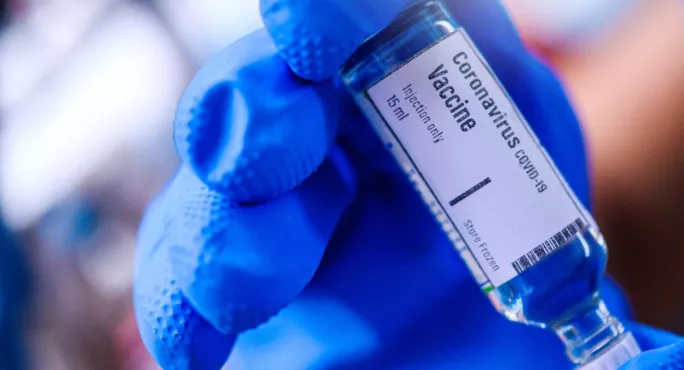DfE planning for Covid vaccines in schools

Covid vaccines for students aged 12 to 15 will be delivered in schools if the government decides to offer jabs to this age group, schools minister Nick Gibb told MPs today.
Schools would not receive extra funds for this as it would be resourced from the health budget, the Commons Education Select Committee heard today.
The schools standards minister said that consent from parents of healthy 12- to 15-year-olds would “be sought” if Covid-19 vaccinations are approved for this age group.
But he said that in some “rare” circumstances teenagers can consent to receiving the jab themselves.
He told MPs that there were sensitive issues around cases where a parent and the student disagree about taking a vaccine.
When asked whether vaccines for 12- to 15-year-olds would all be delivered in schools if they are approved, Mr Gibb said: “Yes, that is the intention. The School Age Immunisation Service will deliver these vaccinations through the schools.
Plan for Covid vaccines to be delivered in schools
“It is the swiftest and most efficient way of delivering the vaccination programme, as with other vaccination programmes for that age group.”
The DfE’s permanent secretary, Susan Acland-Hood, said schools would not need extra funding for this because it would be done through the Department for Health and Social Care and the School Age Immunisation Service.
The Joint Committee on Vaccination and Immunisation (JCVI) has approved offering vaccines to 16- and 17-year-olds but not to all 12- to 15-year-olds.
However, the government is now seeking further advice from chief medical officers of the four nations on the wider benefits of giving children 12 and over the vaccine.
This includes considering the educational disruption faced by children through the Covid pandemic.
Mr Gibb was questioned by committee chair Robert Halfon about whether parental consent would always be needed in order for a student to receive a vaccine.
Mr Halfon told the committee that the government had given mixed messages on this.
Mr Gibb said: “The consent from parents will always be sought before the child is vaccinated in the school.”
He added: “In some circumstances, and it is rare, children can consent themselves if they are competent to do so. The people administering vaccines in schools are aware of these sensitive issues.”
‘This should not directly involve school staff’
School leaders are calling on government to confirm that Covid vaccination will be overseen and run entirely by suitably trained clinicians, and not involve school staff, if it does go ahead.
Paul Whiteman, general secretary of NAHT, which represents leaders in the majority of schools, said: “We need government to be very clear that this is a public health decision and not one that should directly involve school staff.
“Whilst schools might be reasonably expected to send out NHS consent forms to families and pass these on to NHS staff, that should really be the limit of their involvement.
“If pupils and parents have questions or concerns these must be answered by appropriately trained NHS staff - we cannot ask school leaders to become involved in those conversations, they are educators, not medical experts. Nor can we ask them to become involved in complex conversations around topics such as consent.
“Given the disruption of the last 16 months, those working in schools need to be fully focused on educating pupils.
“It is important to remember that vaccination programmes do already take place in schools up and down the country so many schools are used to this, but these have always been managed by clinicians, it should be no different when it comes to the Covid-19 vaccination.”
Register with Tes and you can read two free articles every month plus you'll have access to our range of award-winning newsletters.
Keep reading with our special offer!
You’ve reached your limit of free articles this month.
- Unlimited access to all Tes magazine content
- Save your favourite articles and gift them to your colleagues
- Exclusive subscriber-only stories
- Over 200,000 archived articles
- Unlimited access to all Tes magazine content
- Save your favourite articles and gift them to your colleagues
- Exclusive subscriber-only stories
- Over 200,000 archived articles